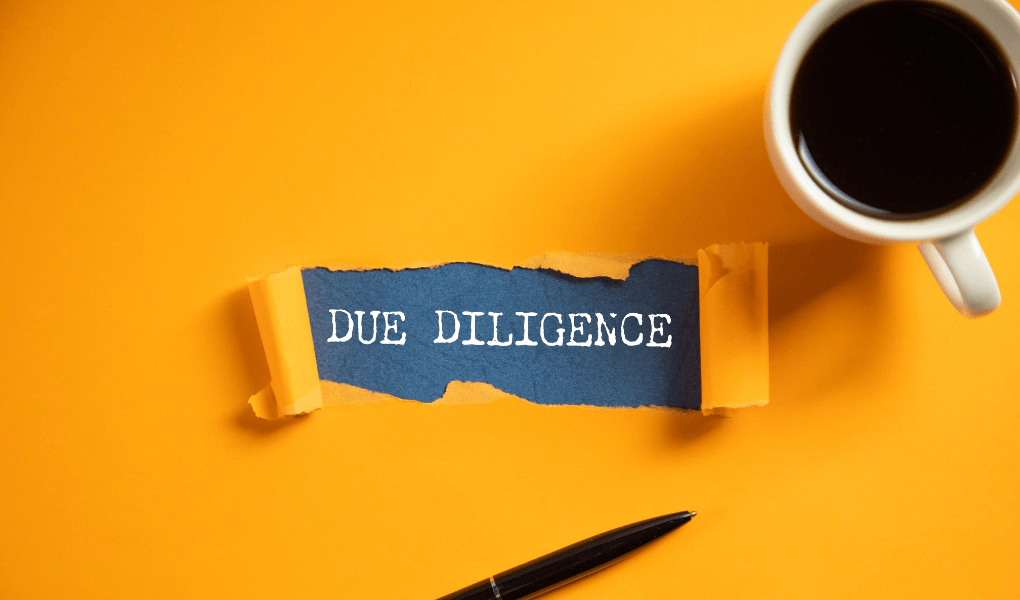Due diligence is the process by which investors identify and assess a company’s legal, financial, and operational risks.
The due diligence process should only start after the termsheet has been signed.
During legal due diligence process, multiple legal issues are analysed. Here are some of the most important ones:
- company structure and documents: documents relating to the establishment of the company are examined; articles of association (all versions from incorporation to date); all company documents amending the articles of association; GMS (general meeting of shareholders) resolutions; existing shareholders’ agreements (SSHA); previous investment documents/ assignments; register of shareholders; loan agreements convertible into shares;
- intellectual property: the company’s intellectual property rights are analysed, such as trademarks, patents, copyrights and it is checked whether they are properly registered and/or protected;
- data protection: it analyses how the company complies with GDPR. Privacy and cookie policies, information notices, data processing agreements, internal GDPR policies and procedures are reviewed;
- contracts and agreements: all contracts signed by the company, including contracts with suppliers, customers, partners and employees are reviewed. Important clauses, obligations and risks are identified;
- litigation: it is checked whether there is any litigation or legal dispute involving the company and its risk and impact on the business are assessed;
- legal compliance: the company’s compliance with all applicable legal regulations in its field of activity is examined, including whether it holds the necessary permits;
- labour and human resources issues: employment relations, employment contracts, internal rules and regulations are analysed to check whether employment legislation is respected by the company;
- ownership rights: the ownership rights over the company’s physical assets, such as real estate, equipment and inventory are analysed;
- debt: any loans, credits or other debts of the company and the related risks are evaluated.
How due diligence is carried out
Generally, at the beginning of the due diligence process, the investor submits a list of requirements, with information and documents that the company must provide.
All these documents are uploaded to a VDR (i.e., virtual data room) to which the parties involved in the due diligence (e.g., the investor, the investor’s consultants, the lawyers) have access. There are multiple solutions that can be used - from Microsoft SharePoint or Google Drive to dedicated VDR platforms.
What is the purpose of due diligence
The results of due diligence can influence the negotiations and terms of the investment agreement. Depending on the issues and risks identified, several scenarios may occur:
- high-risk and unresolvable issues - in such a case, the investment may not be realised (e.g., there is a dispute over the founders’ shares; there is a dispute over assets; the company does not have intellectual property over the developed product and cannot obtain it, etc.);
- medium/high risk issues that need to be resolved by the company in order to receive the investment - in such a case, the investment is conditional on the resolution of these issues (e.g., the company does not have the intellectual property of the developed product, but can obtain it, in which case it will have to sign assignment contracts with the intellectual property owners);
- low/medium risk issues that need to be resolved after receiving the investment - in such a case, the investment is made and the company is obliged to remedy the issues within a certain period of time after completion of the investment (e.g. the company has not fully implemented GDPR; individual employment contracts do not contain mandatory clauses on teleworking, although employees work remotely, etc.).
As a founder it is essential to be honest throughout the due diligence process and to offer complete and accurate information to the investor.
Offering the right information is also critical if there are problems or risks in the company.
On the one hand, most problems or risks can be solved without affecting the investment. On the other hand, if there are irremediable problems and the investment is no longer realised, you avoid potential disputes/litigation with the investor and create an image of an honest founder. Withholding information during due diligence can lead to irreparable misunderstandings or subsequent disputes between founders and investors.
Preparing your company (from a legal perspective) can make an investment process much easier. Work with a specialist lawyer to get all these documents in order and resolve any issues that could hamper the investment in advance.
How we can help
At Law of Tech we are with you throughout the investment process:
- we help you in drafting or revising the termsheet and negotiating it;
- we assist you in the due diligence process;
- we draft, review and negotiate the investment agreement;
- we prepare the necessary documents for the Trade Register, register the investment and monitor the process until completion;
- we help you in the post-investment period to implement all the necessary measures.
Read more about our services here
.



